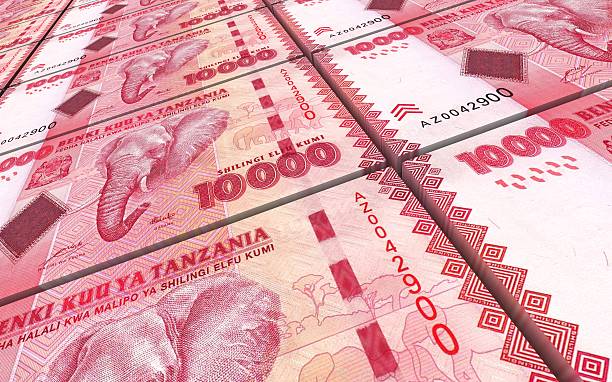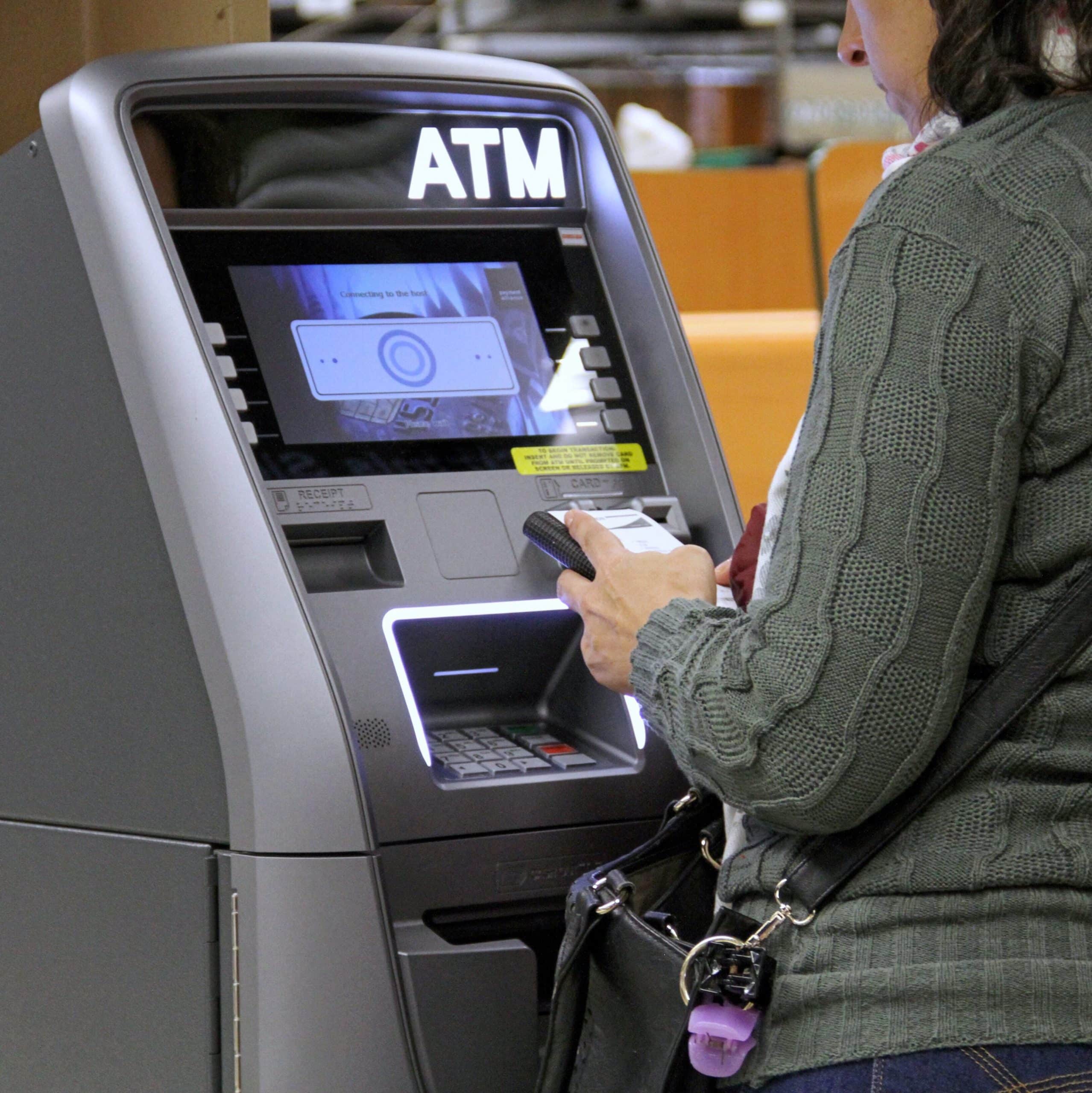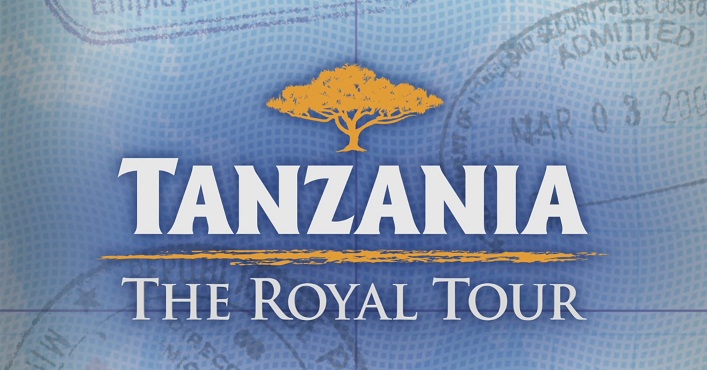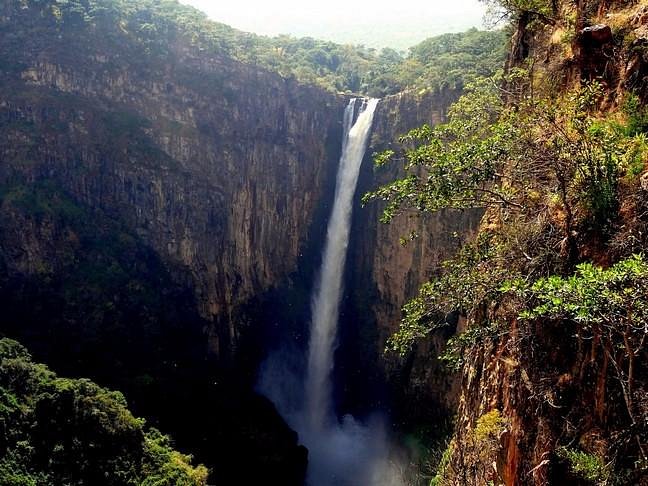Important Money Tips for Travelers Visiting Tanzania
Important Money Tips for Travelers Visiting Tanzania
Planning a trip to Tanzania? Whether you’re heading out on a safari in the Serengeti, climbing Mount Kilimanjaro, or relaxing on the beaches of Zanzibar, it’s important to understand how money works in the country. Here are some essential tips to help you manage your finances while exploring Tanzania.
1. Understand the Local Currency
Tanzania’s official currency is the Tanzanian Shilling (TZS). While US Dollars (USD) are widely accepted in tourist areas, especially for safaris, hotels, and park fees, it’s often better to use Tanzanian shillings for everyday expenses like food, local transport, and shopping in markets.
Important: US dollar bills must be issued after 2006 and in good condition. Old or damaged notes may not be accepted.
2. Cash is More Common Than Cards
Cash is the most commonly used method of payment in Tanzania, particularly in rural areas and smaller towns. While some major hotels, lodges, and restaurants in cities like Arusha, Dar es Salaam, and Zanzibar accept credit or debit cards, card payments may come with additional transaction fees.
It’s a good idea to carry cash, especially when traveling outside city centers.

3. Using ATMs and Bank Services
ATMs are available in most major towns and cities and generally accept international cards. Visa cards are more widely accepted than Mastercard. However, ATMs may have low withdrawal limits and could charge foreign transaction fees.
Plan to withdraw enough cash to last for a few days, especially if you’re heading into remote areas where ATMs may not be available.

4. Budgeting and Tipping
Tanzania offers a range of travel experiences, from budget to luxury, and costs can vary depending on your style of travel.
Typical daily budget:
-
Budget travel: $30–$60
-
Mid-range travel: $100–$200
-
Luxury travel: $300 and above
Tipping is common and appreciated. Many workers in tourism rely on tips to supplement their income.
General tipping guidelines:
-
Safari guide: $10–$20 per day
-
Porters: $1–$2 per bag
-
Restaurant staff: 5–10% of the bill
5. Bargaining in Markets
Bargaining is a common practice in local markets and with street vendors. It’s expected, but always approach it with respect and a friendly attitude. Negotiating prices can be part of the fun, but remember that a small amount to you could be significant to a local seller.
6. Currency Exchange Tips
You can exchange money at banks, official forex bureaus, or at the airport. Forex bureaus typically offer better exchange rates than banks or hotels.
Avoid exchanging money on the street, as it may not be safe or reliable. Always count your money before leaving the exchange counter.
7. Keep Your Money Safe
Always be cautious with your money. Use a money belt or hidden pouch, and split your cash between different bags in case of loss or theft. Only carry what you need for the day, and keep the rest secured in your accommodation’s safe, if available.
Avoid displaying large amounts of money in public, especially in busy markets or crowded areas.
Final Thoughts
Tanzania is a welcoming and beautiful destination, and being smart about money will help you enjoy it with peace of mind. With the right mix of planning, awareness, and local knowledge, you’ll be well-prepared for a safe and smooth journey.
Welcome to Tanzania — Karibu sana!







